
Maria Temming
Assistant Managing Editor, Science News Explores
Previously the staff writer for physical sciences at Science News, Maria Temming is the assistant managing editor at Science News Explores. She has undergraduate degrees in physics and English from Elon University and a master's degree in science writing from MIT. She has written for Scientific American, Sky & Telescope and NOVA Next. She’s also a former Science News intern.

Trustworthy journalism comes at a price.
Scientists and journalists share a core belief in questioning, observing and verifying to reach the truth. Science News reports on crucial research and discovery across science disciplines. We need your financial support to make it happen – every contribution makes a difference.
All Stories by Maria Temming
-
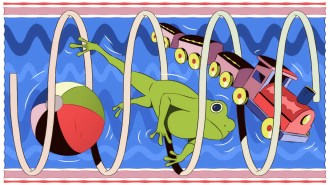 Physics
PhysicsHow to levitate objects sans magic
It’s possible to defy gravity using sound waves, magnets or electricity, but today’s methods can’t hoist heavy items high in the sky.
-
 Health & Medicine
Health & Medicine‘Butt breathing’ could help people who can’t get oxygen the regular way
Takanori Takebe’s strange investigation into whether humans can use the gut for breathing has surprisingly sentimental origins: helping his dad.
-
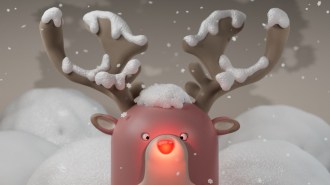 Physics
PhysicsHere’s how Rudolph’s light-up nose might be possible
Simple chemistry could give the reindeer his famously bright snout. But physics would make it look different colors from the ground.
-
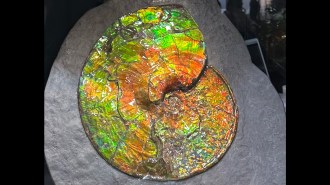 Materials Science
Materials ScienceWhat causes the rainbow shimmer of ammolite gems?
Ammolite gems’ fabulous colors arise from delicate assemblies of crystal plates.
-
 Tech
TechA new 3-D display lets you reach in and touch virtual objects
These hands-on displays might be used to create more immersive video games, educational tools and museum exhibits.
-
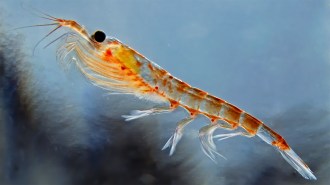 Animals
AnimalsStinky penguin poop strikes fear into the hearts of Antarctic krill
A chemical in Adélie penguin guano may have cued krill to take evasive maneuvers in lab tests.
-
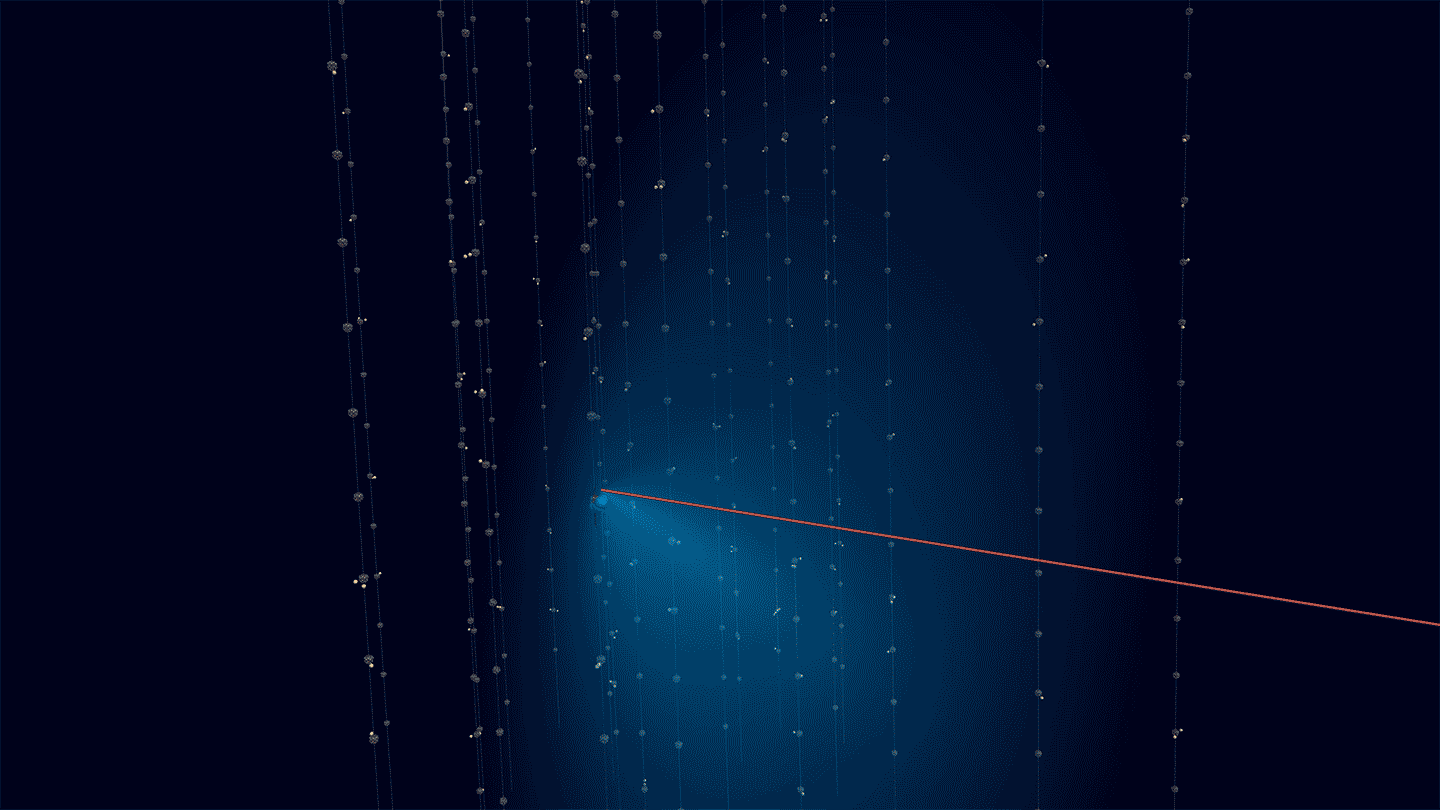 Physics
PhysicsA cosmic neutrino of unknown origins smashes energy records
A deep-sea detector glimpsed a particle with 220 million billion electron volts of energy — around 20 times as energetic as any neutrino seen before.
-
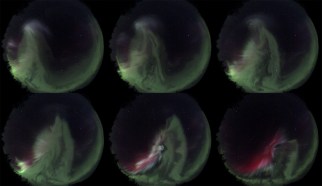 Earth
EarthGhostly white northern lights present new auroral mystery
These mysterious whitish-gray glows in the northern lights might be cousins of the mauve light streak known as STEVE.
-
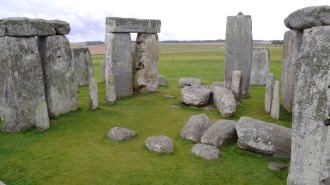 Archaeology
ArchaeologyArchaeology’s top discoveries of 2024 include preserved brains and a lost city
From the plight of ancient Egyptian scribes to the identities of ancient Maya sacrifices, 2024 brought a rich medley of insights into human history.
-
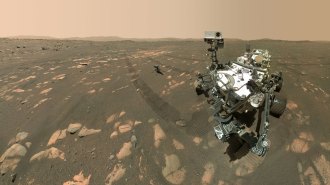 Space
SpaceThese discoveries in 2024 could be groundbreaking — if they’re true
Did microbes ever live on Mars? Did an "elevator" help build Egypt’s first pyramid? Some signs pointed to yes this year, but confirmation is still needed.
-
 Humans
HumansA phone app could help people have lucid dreams
New experiments show that an app developed by researchers can boost snoozing users’ likelihood of knowing when they are having a dream.
-
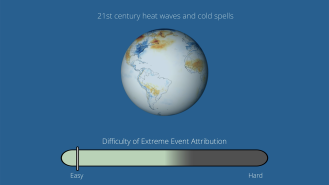 Environment
EnvironmentHow much is climate change to blame for extreme weather?
Scientists can estimate how much more likely or severe some past natural disasters were due to human-caused climate change. Here's how.